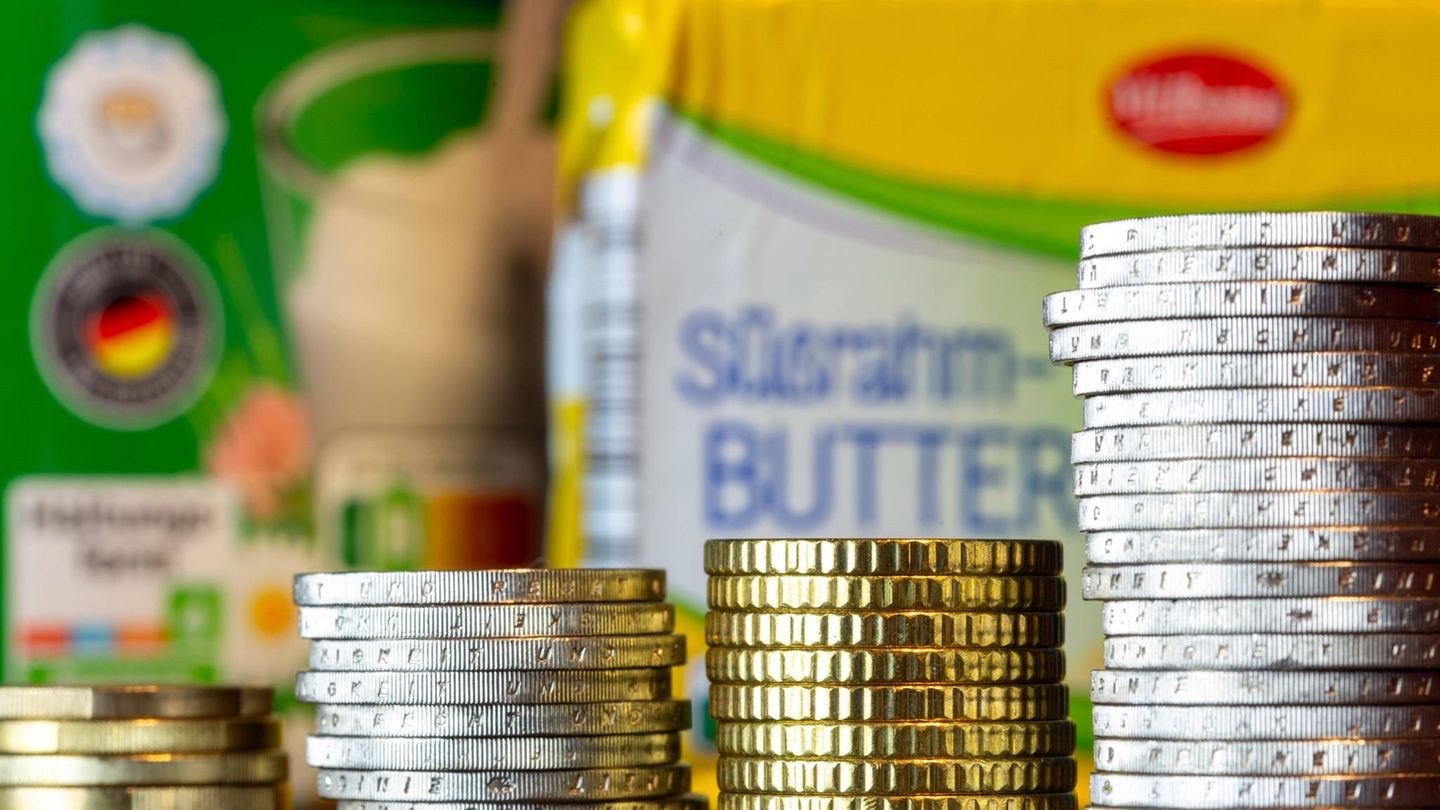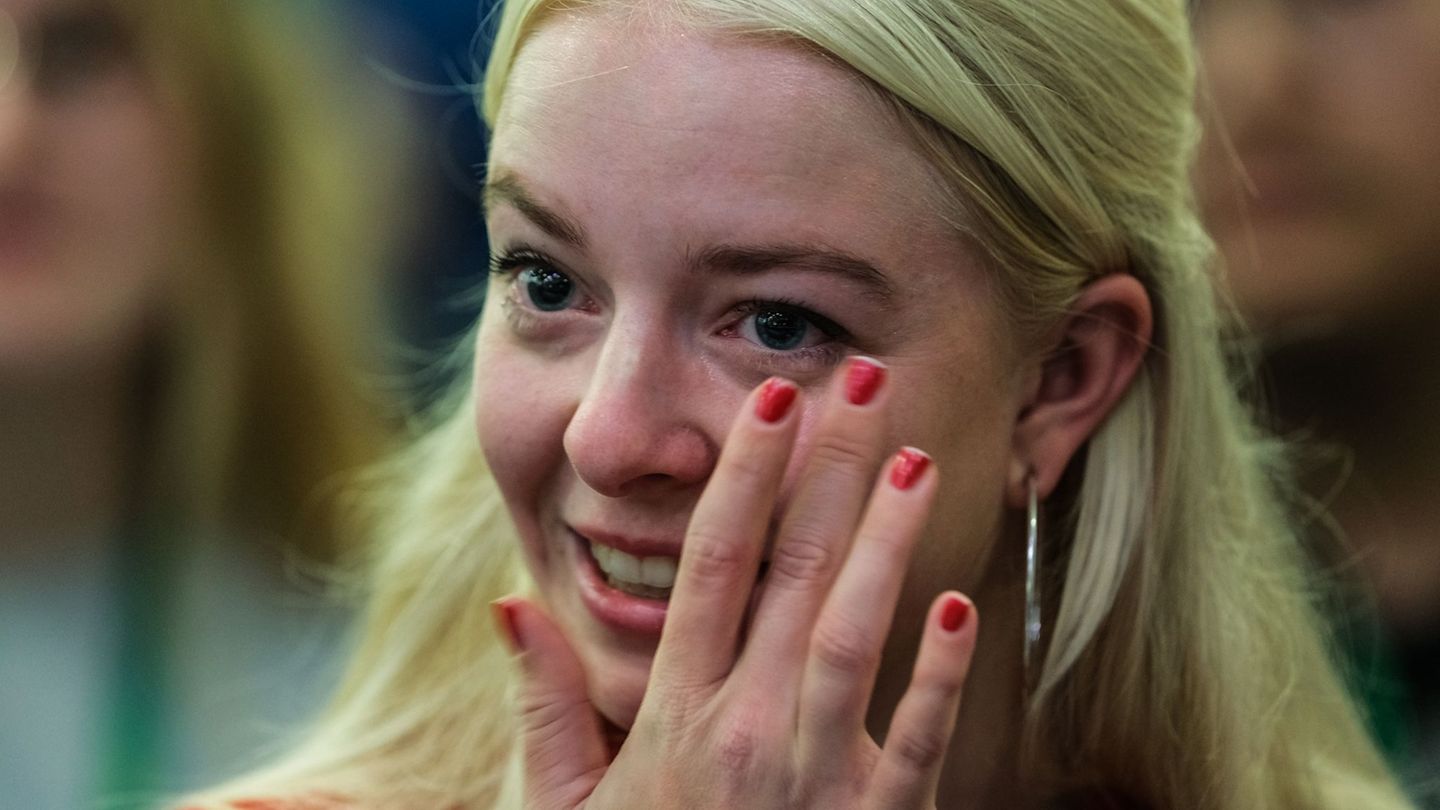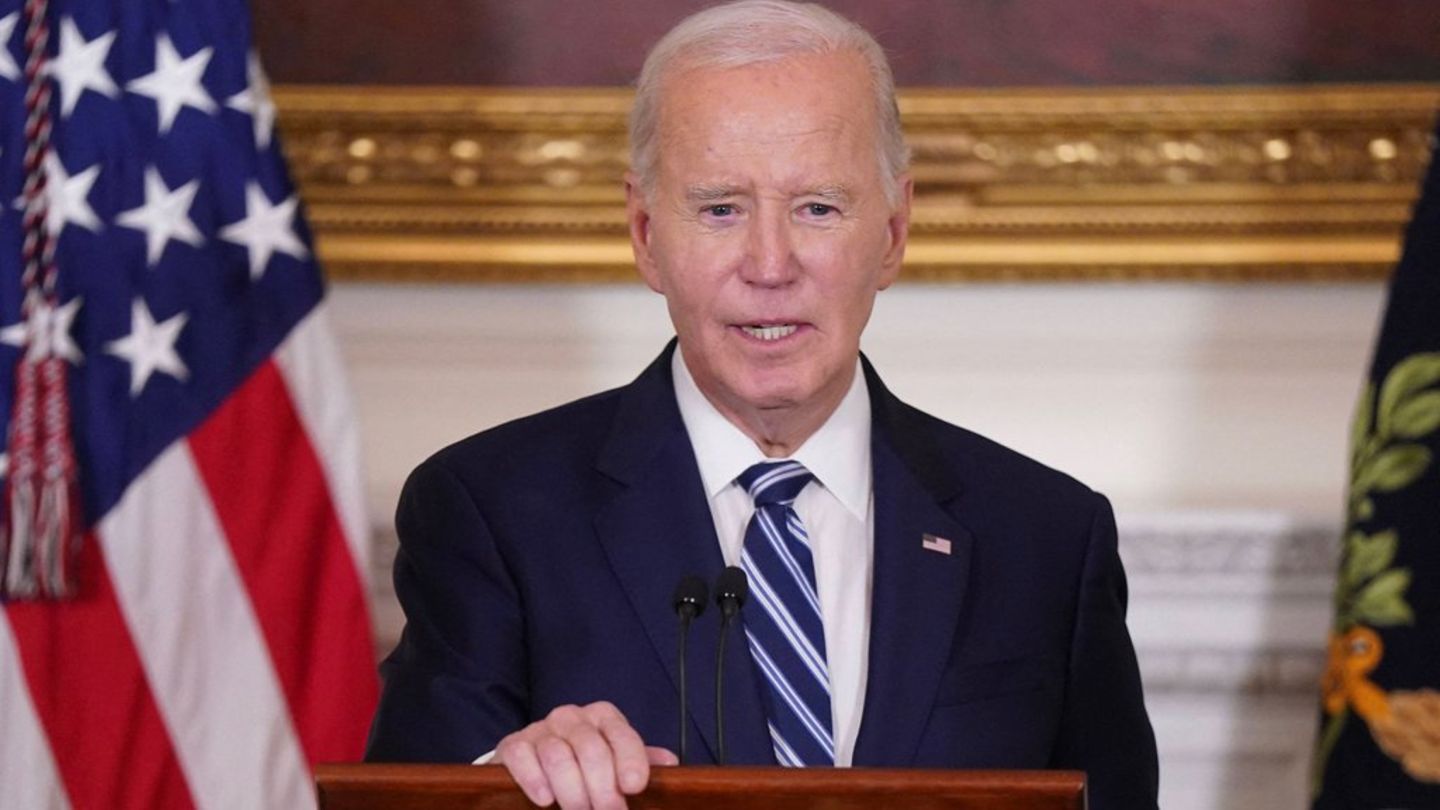star survey
VAT down on food? 61 percent would like it
Copy the current link
It sounds like a cheap election promise from the SPD: VAT on food should fall from five to seven percent. But most Germans think the idea is good.
Election seasons are times of great promises. The parties are currently outdoing each other with ideas on tax policy. Olaf Scholz and the SPD made a particularly narrow proposal. Since the election outcome in the USA was apparently decided by inflation and citizens in this country are also complaining about the increase in the price of supermarket shopping despite the declining rate of price increases, the VAT should now be reduced. Apparently a direct hit.
Low-income earners in particular are in favor of reducing VAT
61 percent of Germans would think it would make sense to reduce VAT on food from seven to five percent, according to a Forsa survey star resulted. 36 percent don’t think that makes sense. Three percent express no opinion.
The approval is particularly high among people whose monthly net household income is less than 2,500 euros: 75 percent of them are in favor of the proposed tax cut. But 53 percent are also in favor of higher incomes (monthly household net over 4,000 euros).
Larger differences emerge when analyzing party preferences: only FDP voters consider the VAT reduction to be pointless (55 percent). CDU/CSU voters are split (49 to 49 percent). There are clear majorities in favor of cheaper food among supporters of the SPD (68 percent), the Greens (64 percent) and the AfD (57 percent). Approval is highest among voters in the Sahra Wagenknecht alliance: 78 percent think reducing VAT on food makes sense.
There are two VAT rates in Germany: The reduced rate of seven percent applies to food, but also books or theater tickets. The regular rate of 19 percent applies to all other goods and services. Rents, for example, are tax-free. While the SPD calls for the reduced rate to be reduced only on food in its election manifesto, the CDU and CSU want to reduce the tax burden for the catering industry from 19 to seven percent.
The data was compiled by the market and opinion research institute Forsa star and RTL Deutschland by telephone on December 12th and 13th, 2024. Database: 1002 surveys. Statistical margin of error: +/- 3 percentage points. The survey is therefore representative.
Source: Stern
I have been working in the news industry for over 6 years, first as a reporter and now as an editor. I have covered politics extensively, and my work has appeared in major newspapers and online news outlets around the world. In addition to my writing, I also contribute regularly to 24 Hours World.




